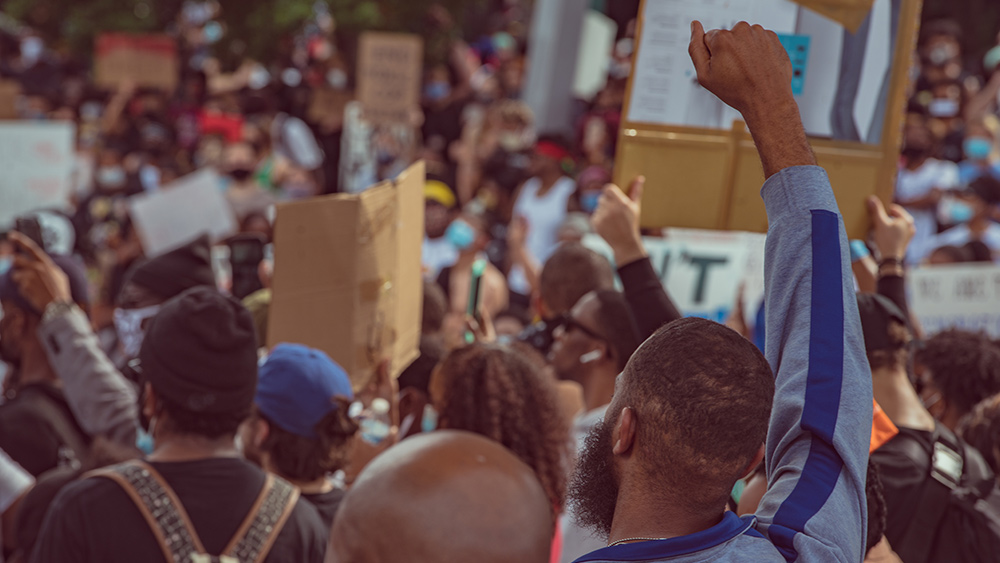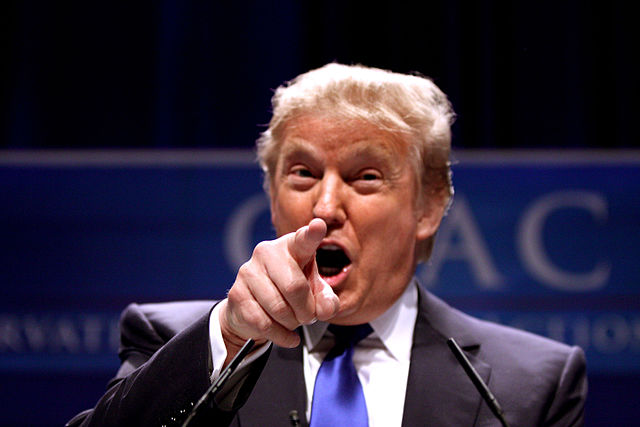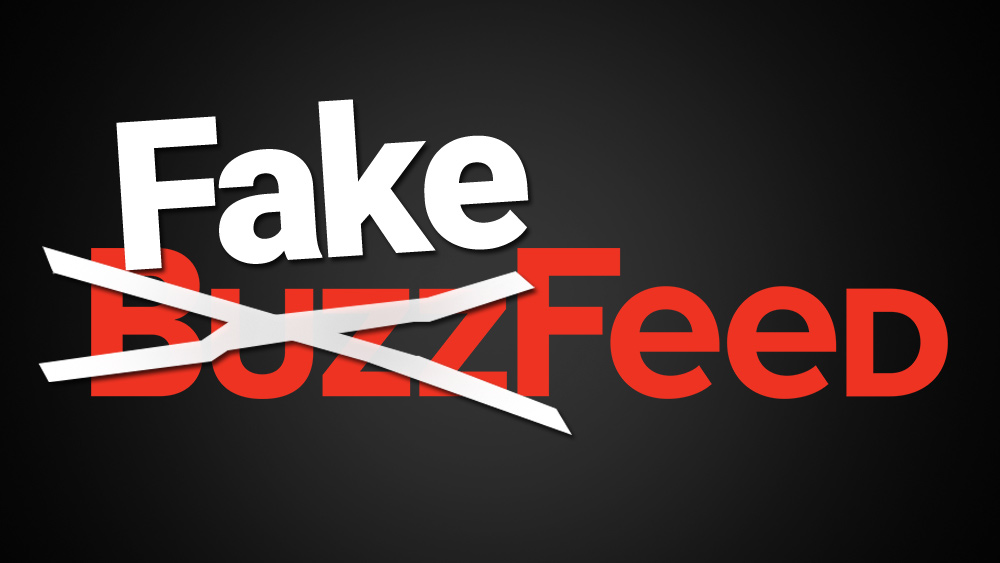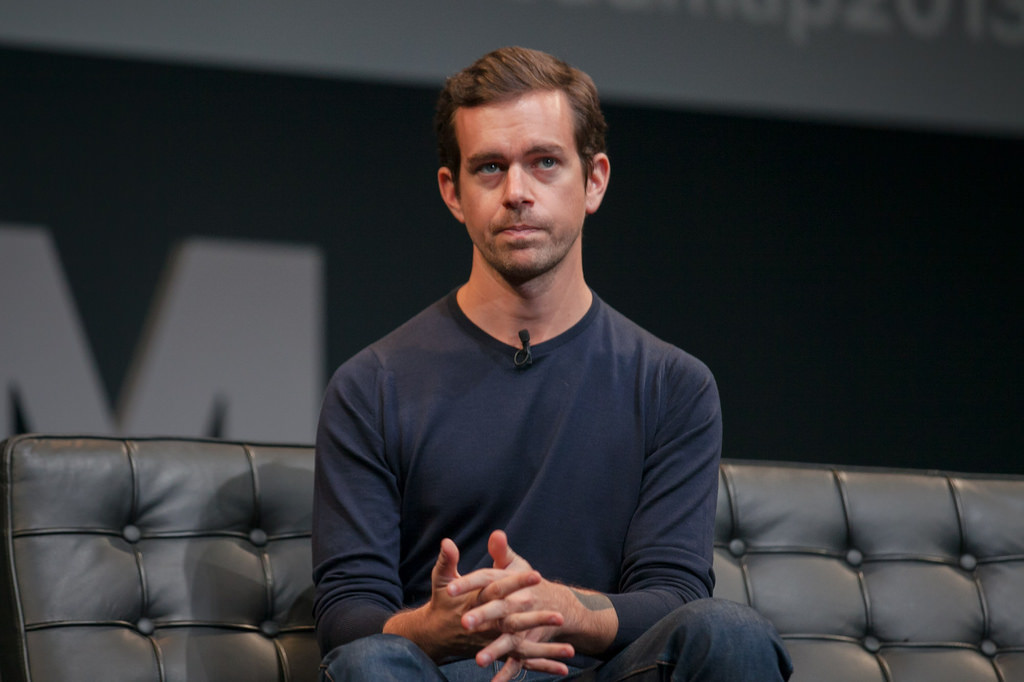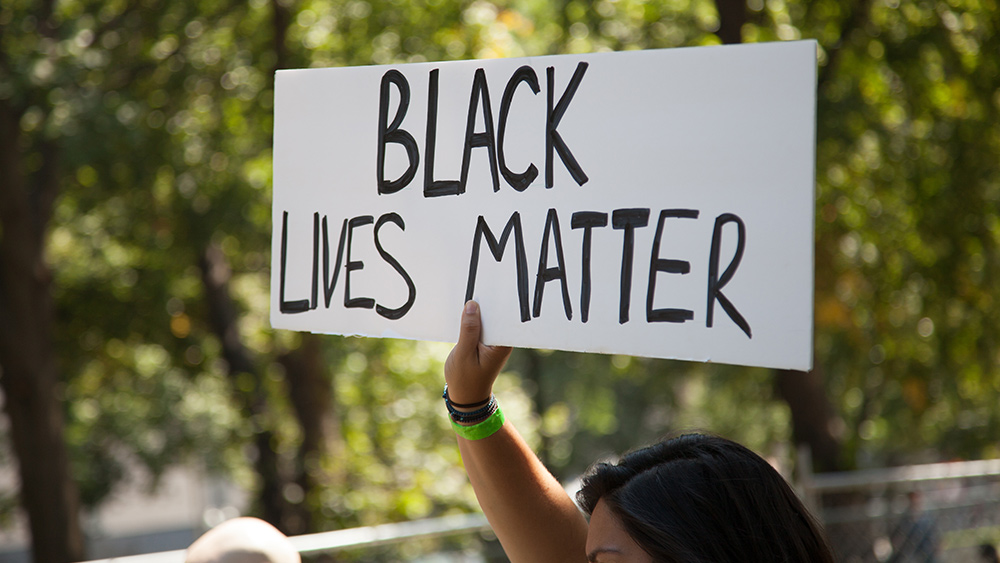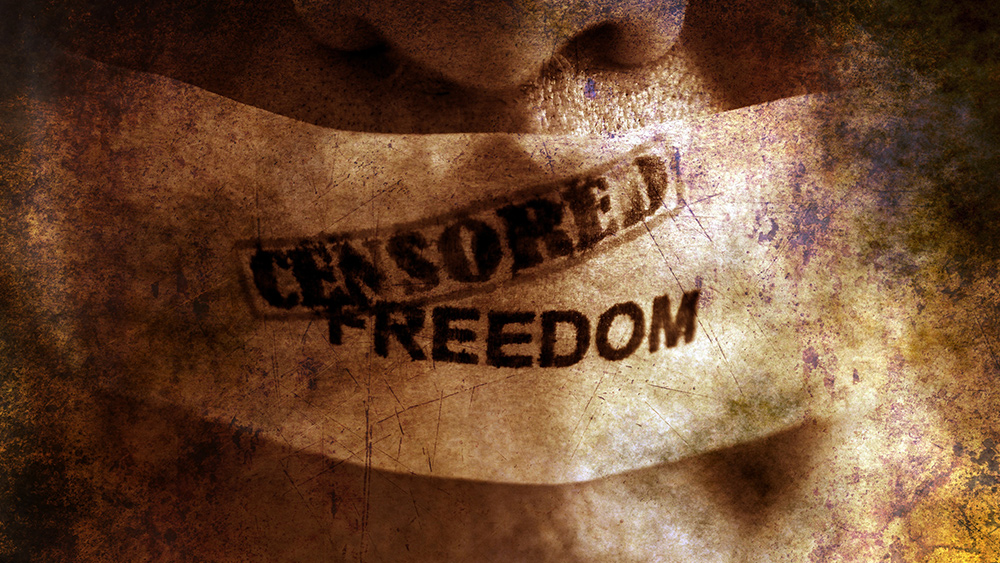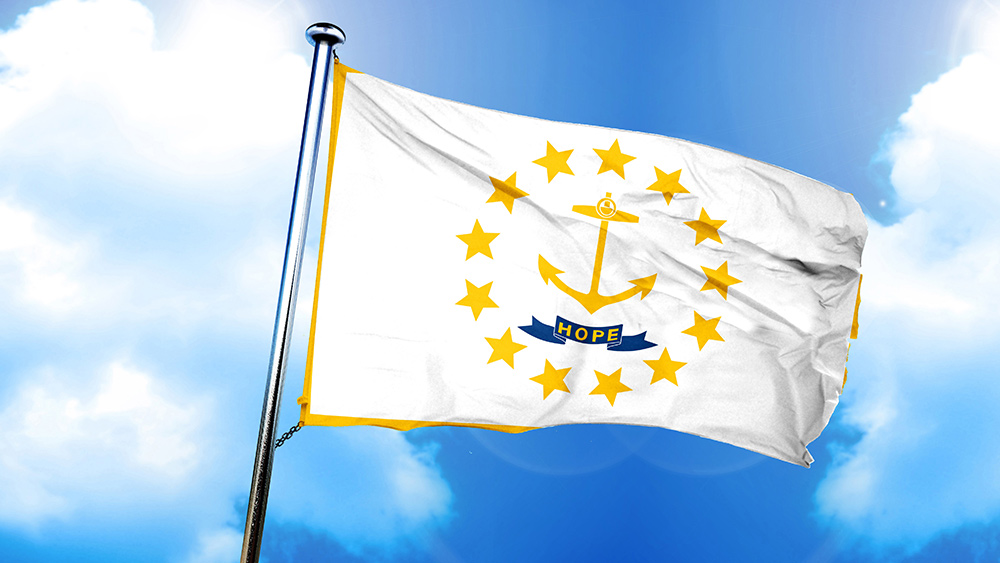Criticizing communist China even outside of China is now a punishable offense
07/08/2020 / By Ethan Huff
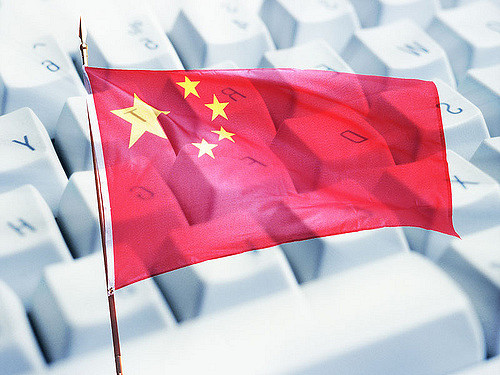
New national security laws imposed by communist China have gone into effect in Hong Kong, and even non-residents living outside of Hong Kong are said to be affected by them.
According to Secretary of State Mike Pompeo, Article 38 of these new laws specifically states that “offenses committed outside of Hong Kong by non-residents of Hong Kong” are punishable with harsh sentences, including up to life in prison.
The laws specifically criminalize all forms of secession, subversion, terrorism, and collusion with foreign forces, the goal being to absorb the formerly free people of Hong Kong and elsewhere under the control and authority of the communist Chinese regime.
Almost immediately after the laws went into effect, more than 300 people in Hong Kong were arrested, nine of whom were specifically arrested for supposedly violating their provisions.
“Free Hong Kong was one of the world’s most stable, prosperous, and dynamic cities,” Pompeo said during a recent press conference following the news. “Now it will be just another communist-run city, where its people will be subject to the party elite’s whims. It’s sad.”
The United States, Taiwan, and several European countries have all come out in condemnation of the new laws, which are a human rights nightmare for the people of Hong Kong, as well as the people of the rest of the world.
“Today, the United States Department of State, along with Treasury, Commerce, and DHS, are issuing a business advisory to companies with supply chain links to entities complicit in forced labor and other human rights abuses in Xinjiang and throughout China,” Pompeo added about the U.S. response to China’s actions.
U.S. restricts visas of officials believed to be responsible for Hong Kong oppression
In addition to restricting all visas of officials believed to be playing a role in this latest act of gross tyranny, the U.S. has also ceased all exports of “defense equipment and dual-use technology” to the region.
Federal Communications Commission (FCC) Chairman Ajit Pai has also designated Huawei and ZTE, two major Chinese telecommunications equipment companies, as national security risks, which follows trade restrictions that were previously put in place by the Trump administration.
Another change is that the U.S. will reportedly continue moving forward with plans to end Hong Kong’s “special status,” which allowed for special trade deals such as lower tariffs and altered customs and immigration processes that benefited Hong Kong specifically, but not mainland China.
Since 1992, the U.S. has officially recognized Hong Kong’s separation from mainland China when it signed the United States – Hong Kong Policy Act. This act was amended in 2019, however, when U.S. lawmakers saw the writing on the wall with communist China’s escalating efforts to seize security control over Hong Kong.
After the British released Hong Kong from imperial rule back in 1997, the semi-autonomous territory was also afforded at least relative autonomy through the Sino-British Joint Declaration, though this is now being eroded as well with communist China’s latest actions.
Add to this the horrific human rights abuses taking place against Uighur Muslims and other ethnic and religious minorities living in China, including “forced sterilization and abortions,” and the situation becomes even more dire.
“This shocking news is sadly consistent with the CCP’s (Chinese Communist Party) decades-long callous disregard for the sanctity of human life,” Pompeo added about the many horrors associated with the communist Chinese regime.
Pompeo is urging all nations and human rights groups to take swift action against China in any way they can, noting that the CCP fears one thing more than anything else: “the free will and free thinking of its own people.”
More related news about communist China is available at Tyranny.news.
Sources for this article include:
Tagged Under: China, communism, criticism, draconian, free speech, Hong Kong, Mike Pompeo, national security, Pompeo, punishable offense
RECENT NEWS & ARTICLES
COPYRIGHT © 2018 SPEECHPOLICE.NEWS
All content posted on this site is protected under Free Speech. SpeechPolice.news is not responsible for content written by contributing authors. The information on this site is provided for educational and entertainment purposes only. It is not intended as a substitute for professional advice of any kind. SpeechPolice.news assumes no responsibility for the use or misuse of this material. All trademarks, registered trademarks and service marks mentioned on this site are the property of their respective owners.

